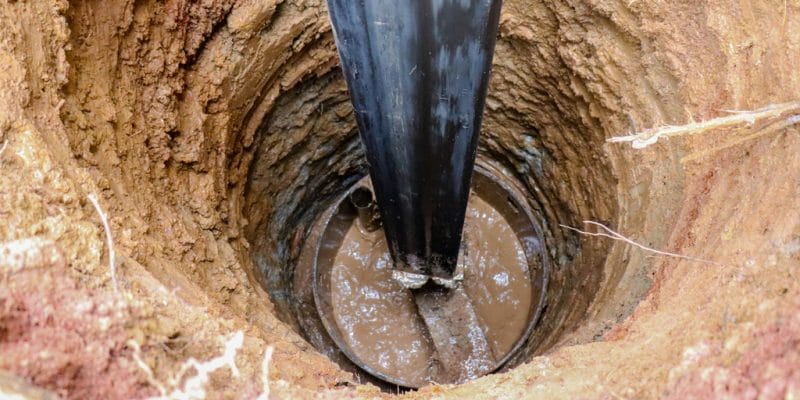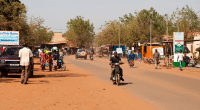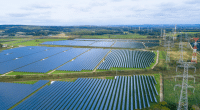The United States of America has launched a project in Mauritania aimed at sustainable groundwater management to address drought in the north. The United States Geological Survey (USGS), the U.S. government agency responsible for water, land, biological sciences and civil mapping, is implementing the project with $9.5 million in funding and in collaboration with Mauritanian authorities.
Mauritania is one of the most drought-stricken countries in West Africa. In addition to the construction of rain-fed dams, the Mauritanian government is focusing on groundwater resources, which are an important source of water for the population and for agricultural development.
The Mauritanian government recently approved a project aimed at the sustainable exploitation of aquifers that have not yet dried up in the northern regions, where droughts are on the increase. The project is being implemented by the United States Geological Survey (USGS), the U.S. government agency responsible for water, land, biological sciences and civil mapping. The USGS is collaborating on this project with the Mauritanian Ministry of Water and Sanitation.
Read Also – AFRICA: water, at the heart of the continent’s environmental challenges
The U.S. agency will receive $9.5 million from the U.S. government over a 22-month period to carry out the five components of the water supply project. Initially, the USGS will use remote sensing tools to identify areas where aquifers may be found, and will conduct a hydrogeological assessment of the northern Tiris-Zemmour, Adrar, and Tagant areas. Subsequently, the USGS and Mauritanian authorities will undertake an economic assessment of the development and sustainable use of groundwater in the regions concerned, before producing recommendations for monitoring the groundwater system, facilitating science-based decision making on the sustainability of the resource.
It will also be necessary to build the capacity of Mauritanian experts operating in the water sector to facilitate technology transfer. “This will obviously allow the scientific community, composed of Mauritanian engineers and technicians, well trained in hydrology, to assess, develop and manage water resources in a sustainable and independent manner for the benefit of the Mauritanian people,” says the U.S. Embassy in Mauritania.
Inès Magoum







